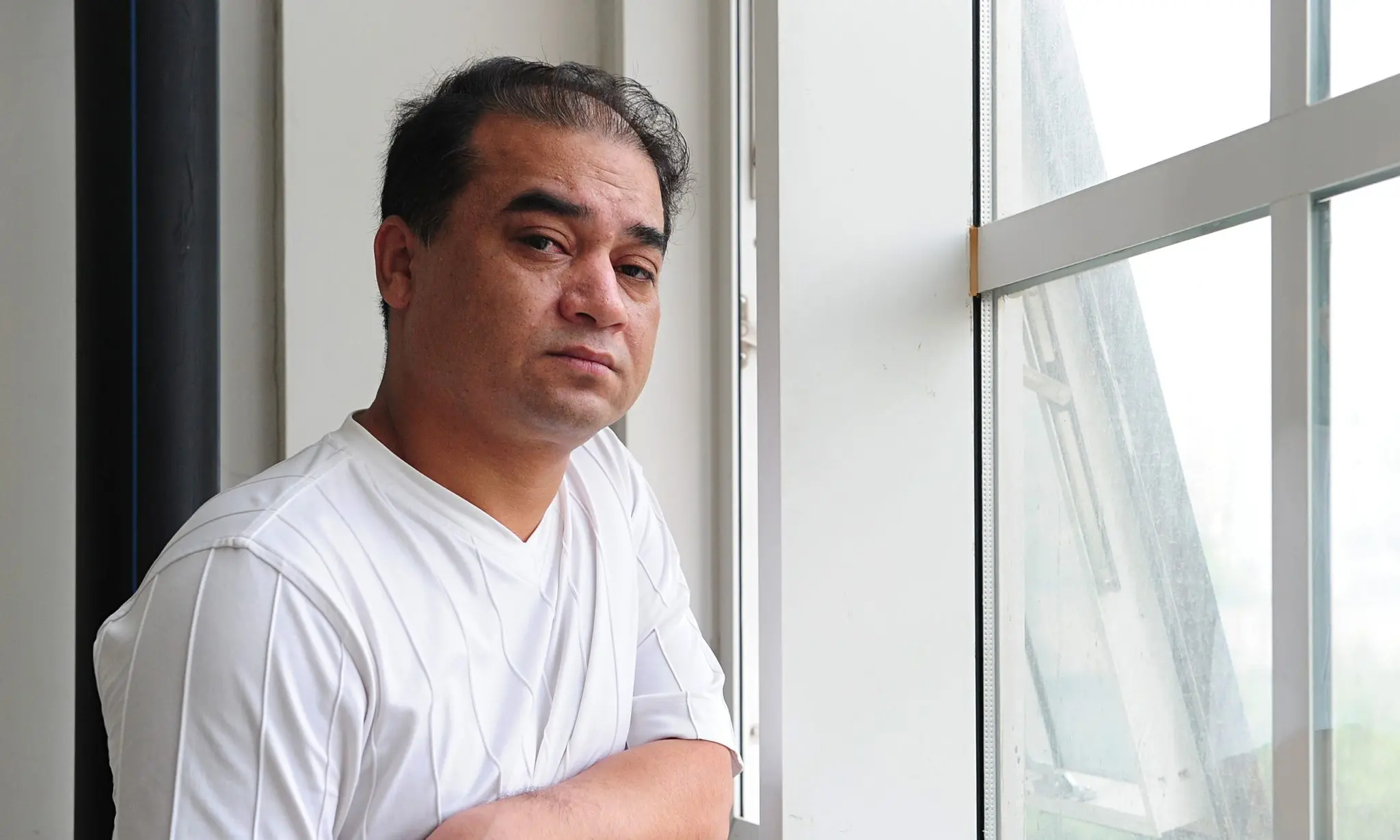On June 4, 1989, the Chinese government brutally suppressed protests in Tiananmen Square and cities across China. The total death toll resulting from the crackdown is difficult to verify due to the government’s strenuous efforts to conceal it, but has been estimated at anywhere from 300 to several thousand.
As we mark the twenty-sixth anniversary of these horrific events today, the legacy of Tiananmen continues to reverberate in China. The Chinese government continues to repress dissent by threatening, intimidating, imprisoning, and disappearing its critics. China is one of the world’s worst jailers of writers and journalists. Among those currently in prison for exercising their right to free expression—both an international human right, and protected under Article 35 of the Chinese Constitution—are Ilham Tohti, the Uyghur scholar who is serving a life sentence on charges of “separatism” for his efforts to promote dialogue between the Han Chinese and ethnic minorities; Gao Yu, a fearless investigative journalist sentenced to seven years in prison for “exposing state secrets”; and Liu Xiaobo, the 2010 Nobel Peace Prize winner, literary critic and poet, and a key figure in the Tiananmen Square protests. The Chinese government also zealously censors any references to Tiananmen Square and the events that took place there in 1989, in an effort to erase the crackdown from memory. As documented in PEN’s recent report Censorship and Conscience, this censorship extends to works by foreign authors that are translated and published in mainland China.
In remembering the anniversary, PEN shares an excerpt from Charter 08, authored in 2008 by Chinese intellectuals and human rights activists and signed by over 10,000 people. The Charter calls on the Chinese government to respect fundamental human rights, including the right to freedom of expression, and promote the inclusion of these rights in daily life. Liu Xiaobo was an active participant in writing Charter 08, and as a result of his involvement, was detained by Chinese authorities on Dec. 8, 2008. He was subsequently convicted of “inciting subversion of state power” and is serving an 11-year prison term. He is the only Nobel Peace laureate in prison in the world. His wife, the poet Liu Xia, was placed under house arrest after he received the prize.
“…The Chinese people, who have endured human rights disasters and uncountable struggles across these same years, now include many who see clearly that freedom, equality, and human rights are universal values of humankind and that democracy and constitutional government are the fundamental framework for protecting these values.
By departing from these values, the Chinese government’s approach to “modernization” has proven disastrous. It has stripped people of their rights, destroyed their dignity, and corrupted normal human intercourse. So we ask: Where is China headed in the twenty-first century? Will it continue with “modernization” under authoritarian rule, or will it embrace universal human values, join the mainstream of civilized nations, and build a democratic system? There can be no avoiding these questions…
Authoritarianism is in general decline throughout the world; in China, too, the era of emperors and overlords is on the way out. The time is arriving everywhere for citizens to be masters of states. For China the path that leads out of our current predicament is to divest ourselves of the authoritarian notion of reliance on an “enlightened overlord” or an “honest official” and to turn instead toward a system of liberties, democracy, and the rule of law, and toward fostering the consciousness of modern citizens who see rights as fundamental and participation as a duty…
We should make freedom of speech, freedom of the press, and academic freedom universal, thereby guaranteeing that citizens can be informed and can exercise their right of political supervision. These freedoms should be upheld by a Press Law that abolishes political restrictions on the press. The provision in the current Criminal Law that refers to “the crime of incitement to subvert state power” must be abolished. We should end the practice of viewing words as crimes.”
From the full excerpt of Charter 08, available here.

